News
[Kenya Visit Report] Aiming to Build Strategic Partnerships with Low and Middle Income Countries
As a Research & Development (R&D) funder, the Global Health Innovative Technology Fund (GHIT Fund) is focused on fostering collaborations with research institutions, academia, medical institutions, and manufacturers in Low and Middle Income Countries (LMICs). This is one of the key strategic objectives of GHIT3.0, the GHIT Fund’s 2023-2027, 5-year strategic plan. As part of this journey towards establishing stronger partnerships in LMICs, the GHIT Fund’s CEO, Dr. Osamu Kunii and Senior Director of Access and Delivery, Dr. Isaac Chikwanha, visited Kenya in late July 2023 and met with research partners such as KEMRI, DNDi, Nagasaki University Collaborative Research Unit in Nyanza province, Universal Corporation Limited (UCL) (a local manufacturer that produces high quality medicines at low cost), and the Kenya Ministry of Health.
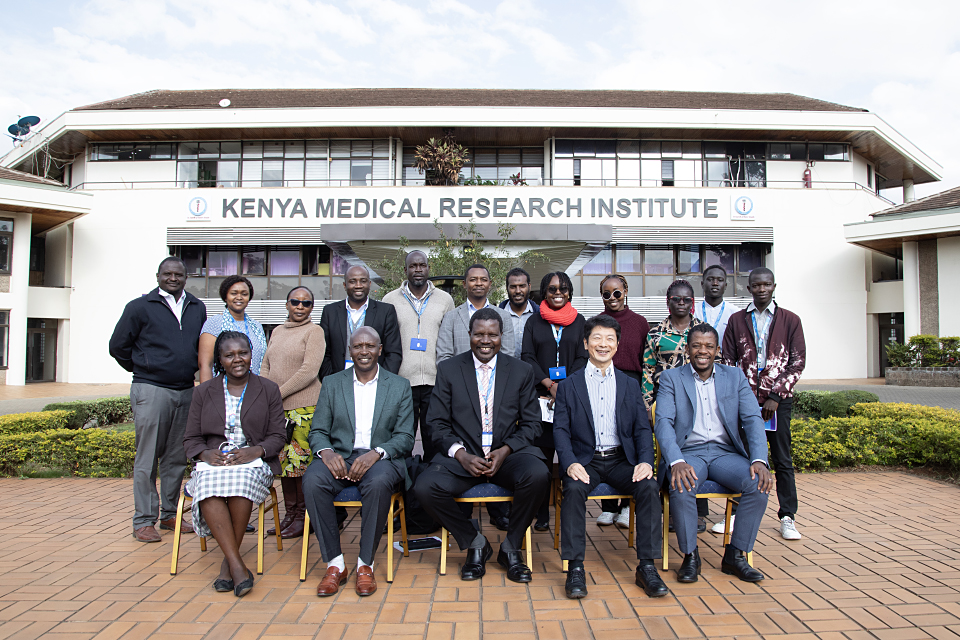

The aim of forging such strategic partnerships with LMICs is multifold:
•To facilitate the formation of collaborative networks and consortia that bring together research institutions from LMICs, Japan, and other countries.
This allows for the exchange of expertise, sharing of resources, and joint research initiatives to address common health challenges. A good example is the work that the Pediatric Praziquantel Consortium has done in developing its potential new treatment option for schistosomiasis in children under age 5. “The significance of the contribution that KEMRI and Kenya MoH have had, and continue to have, on the development of the potential new treatment option and its implementation will have an impact on tens of millions of children. This could bend the schistosomiasis burden curve and inform national and WHO guidelines. This work cannot be underestimated and to imagine that such work was achieved in a simple laboratory like in Homabay is commendable. The Homabay team should be proud,” said GHIT Fund CEO, Dr. Osamu Kunii.
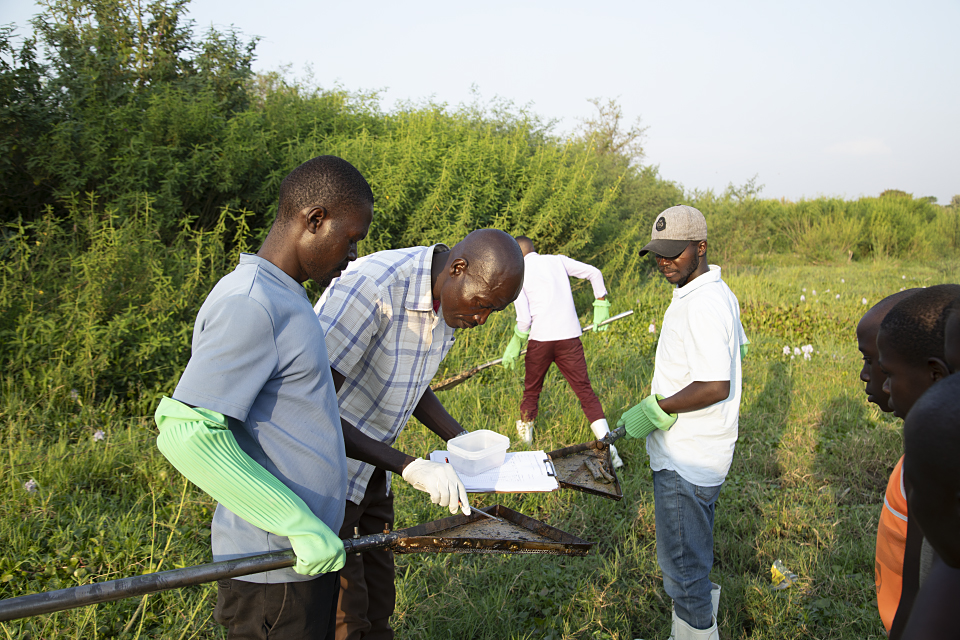

•To guide GHIT Fund R&D investments towards a needs-driven approach.
“The GHIT Fund invests in three disease groups (Neglected Tropical Diseases, Tuberculosis, and Malaria), three interventions (diagnostics, therapeutics, and vaccines), and a wide range of development stages from discovery to clinical trials and regulatory approval. Moving forward, to maximize the impact of our diverse investments on the ground, the GHIT Fund will engage more proactively in dialogues with research institutions in LMICs where these diseases are prevalent to identify gaps and reflect them in the GHIT Fund’s investment priorities. The recent visit in Kenya has been a way for the GHIT Fund to strengthen those strategic partnerships with LMICs,” said Dr. Isaac Chikwanha, GHIT Fund Senior Director of Access and Delivery, Investment Strategy Department.
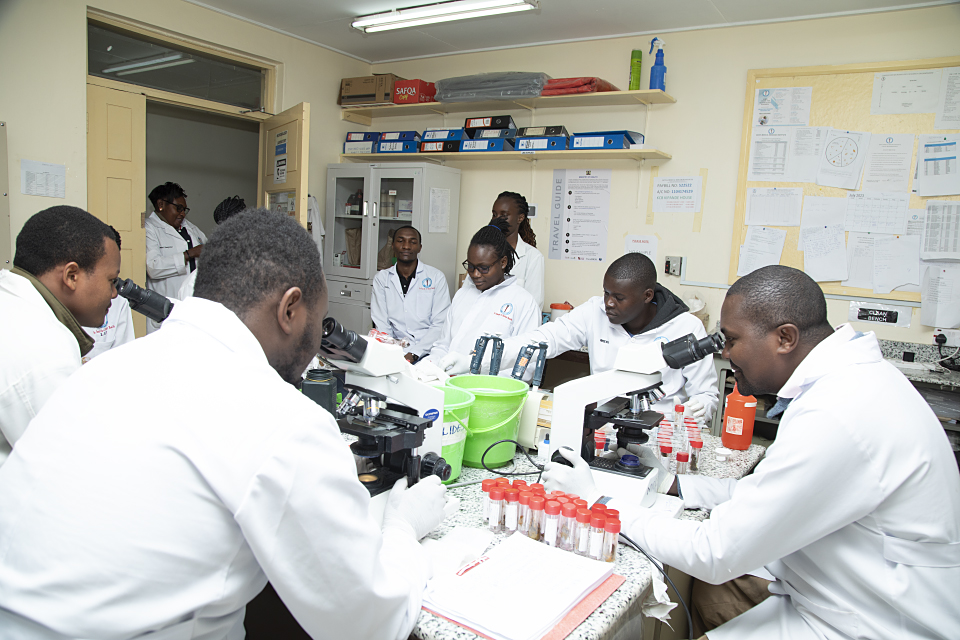
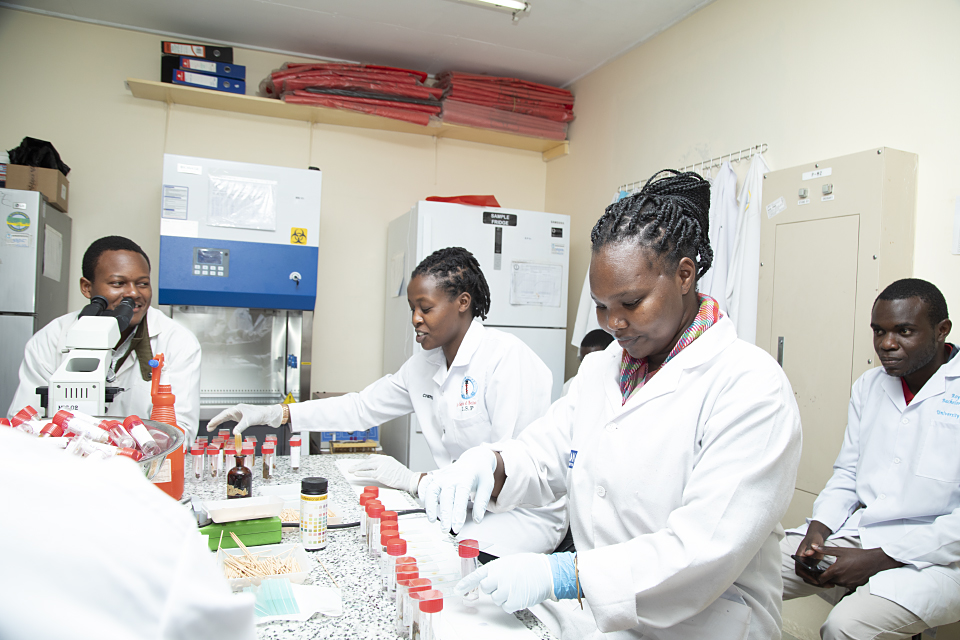
•Encourage knowledge sharing and technology transfer between research institutions in LMICs and Japan.
This exchange can support promoting open access to research findings, facilitating technology licensing agreements, and fostering partnerships for joint research and development (R&D) and access and delivery (A&D) projects. “There are challenges with local manufacturing; for example, a lack of confidence in the ‘Made in Africa’ label. Countries would rather buy from outside of Africa than from their African neighbors. With quality-assured products, there is competition between countries, leading to unsustainable fragmentation of the markets. In addition, regulatory approval - partly linked to the distrust in ‘Made in Africa' products - can be complicated also due to different regulatory procedures across countries which are costly and time-consuming. This needs to change if local manufacturers are to have a market-share on the continent. Working with national governments and local manufacturers like UCL, R&D funders like the GHIT Fund can contribute to improving the current system,” said Dr. Perviz Dhanani, Founder and Managing Director, UCL.
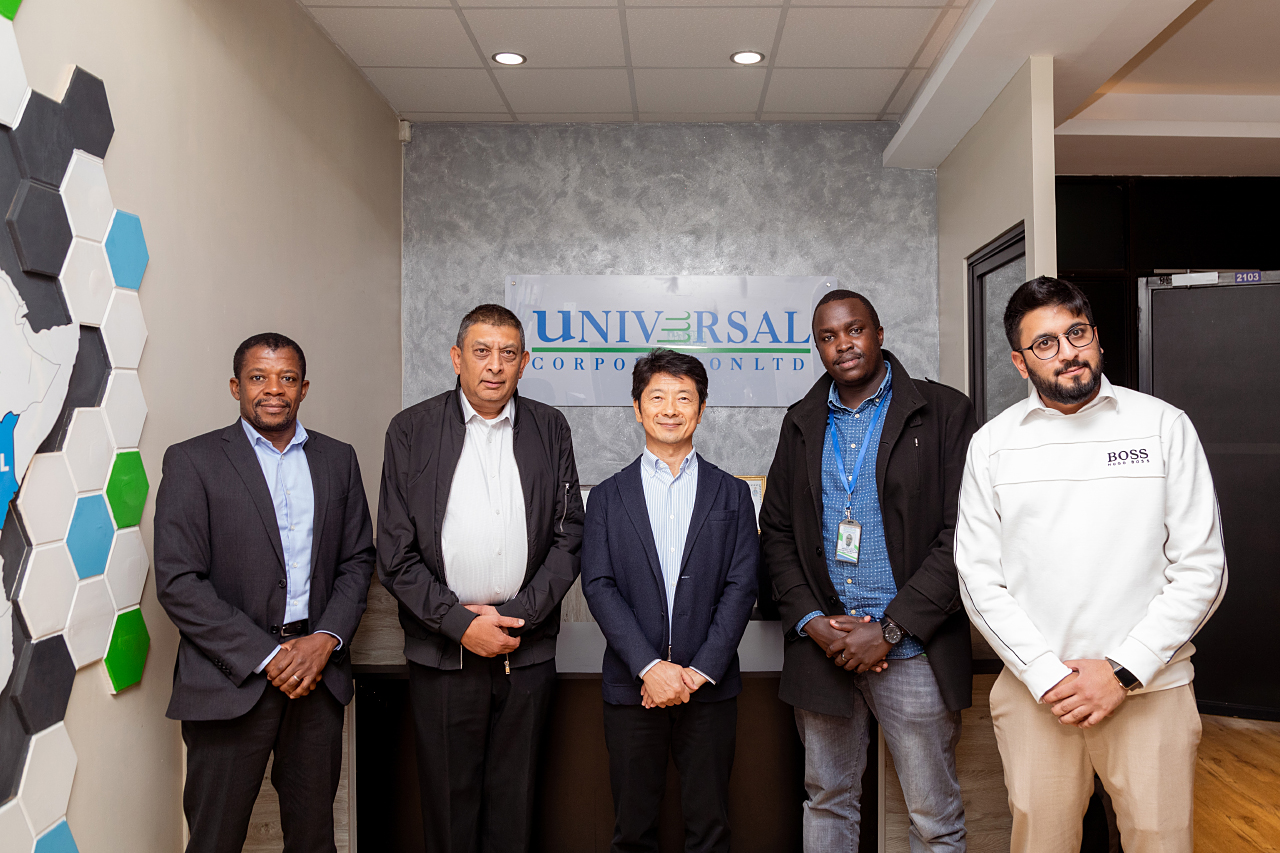
Indeed, by adopting these approaches, embedding strong collaboration with and local ownership by research institutions in LMICs, the GHIT Fund wants to ultimately contribute to the development of impactful health solutions tailored to the needs of these countries, while enhancing local perspectives and expertise.